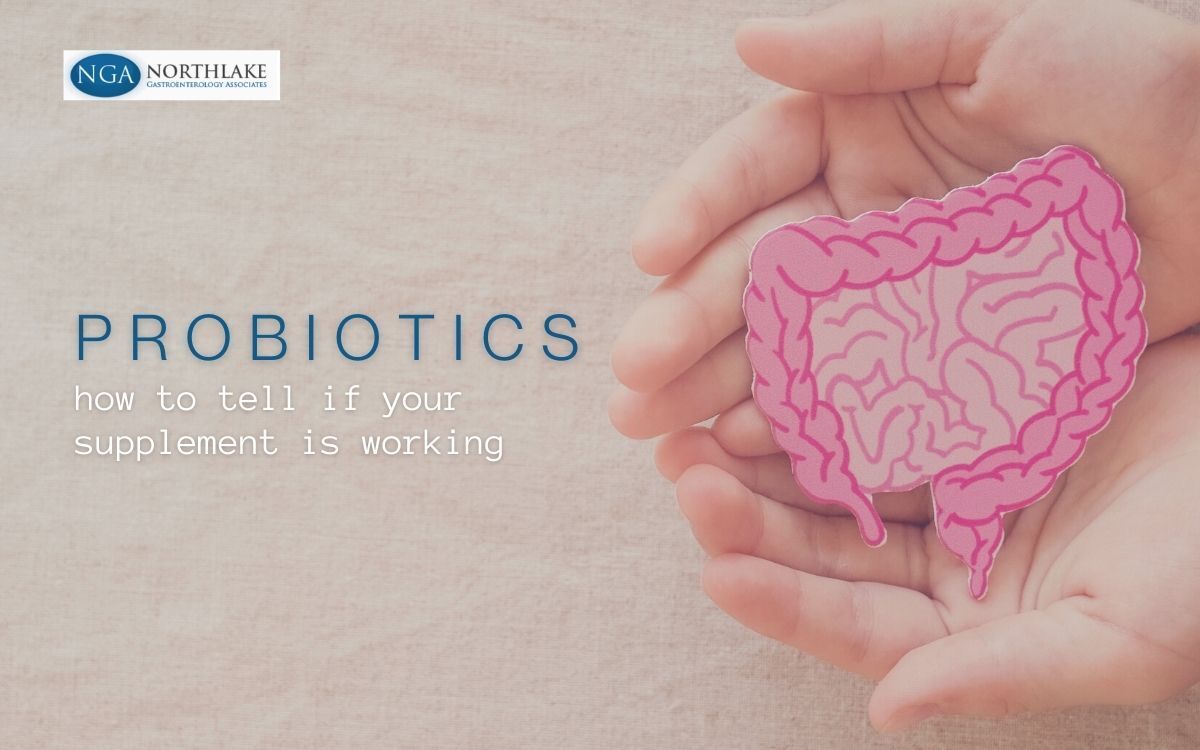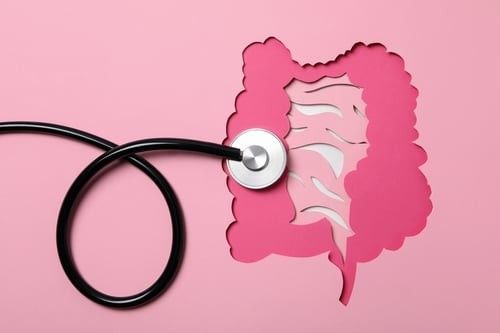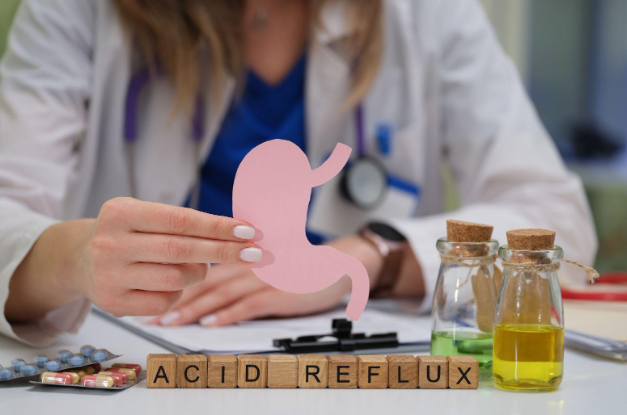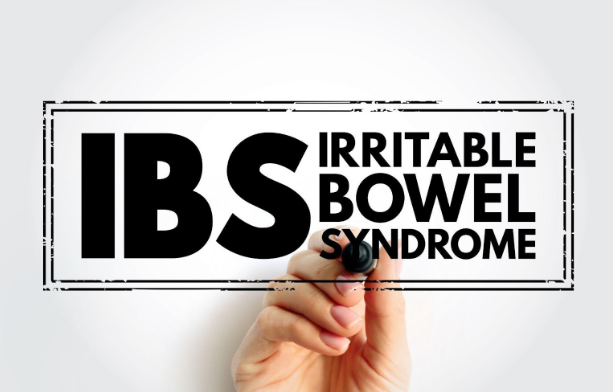
Probiotics are supplements that work with natural agents that live in your body. They work with a unique blend of "good" bacteria and yeasts to fight off infections made of "bad" bacteria. They become part of a biological setup that comes together in a continuous battle towards keeping your body healthy, strong and vibrant.
Most people think that probiotics only live in the gut. Although this is true, there are several areas in which they are dispersed throughout your body, including the mouth, skin, lungs, urinary tract, and even in breastmilk.
These areas are excellent breeding grounds for microbiome communities because they are also a common pathway for germs, viruses and other harmful bacteria to make their debut into your system. For example your lungs, which are the seat for your respiratory issues, typically have bad bacteria coming in which results in disruptions in your breathing and respiration.
What is the Role of Probiotics?
Probiotics have several functions. They help regulate and process your food intake and can create necessary vitamins for your system. They can also function as agents which break down medications so that your system can process them.
Probiotics, however, are best known for their important role in your gastrointestinal tract. Their function as the good bacteria is to maintain homeostasis by keeping a balancing act going. Probiotics have a primary function, and that is to moderate and regulate your entire digestive system. A good supplement may be the solution to helping you balance your system and restore your gut health. At Northlake Gastroenterology, we can help!
Types of Probiotics
There are two main types of probiotics that are more commonly used to improve your gut microbiome and bring you optimal health. They can be found in most of your healthier foods or be taken in supplement form.
Lactobacillus
Lactobacillus is a genus that has several strains that allow you to ease any lactose reactions within your gut. Certain strains can help with common intestinal issues such as diarrhea and other related issues. They can help you process the sugar found in most dairy products, thus allowing you a better advantage in processing more of your daily food intake. You can find lactobacillus in fermented foods like yogurt, for example. These are most recommended during the morning at breakfast because your stomach acid is at its lowest. The fermentation itself will boost your stomach acid to help process everything out of the system and keep your digestive system up and running.
Bifidobacterium
This second type, bifidobacterium, is a genus of probiotic strains that are more commonly found in certain foods such as most of your dairy products. Those who have conditions such as IBS will find that this strain can ease the gas and bloating that comes with it. You can gain relief in time and see results as you consume it regularly.
Most supplements are enteric, which means that they are specifically coated to pass through your stomach unharmed. These are the most recommended due to their effectiveness in passing through to your gut microbiome. This is where they start to work.
How Do Probiotics Work?
Probiotics work in three stages. They must first survive the hard acid that's located within your stomach. Surviving this harsh and seemingly savage environment means that any bacteria, good or bad, must be a strain that is strong enough to withstand that climate. If anything happens where the bacteria somehow falls short, then it simply means that it will never reach your system to perform its assigned function.
A robust and healthy strain of bacteria must complete three phases in order to make it through your body. It should be able to live through your stomach’s acidity and reach your intestinal tract, where it can fight pathogens or other harmful microbes. These three phases comprise the rigorous obstacle course that can sift out the weak bacteria and leave a pathway for the stronger strains of bacteria.
Survive Stomach Acidity
The first phase is to survive stomach acidity. This preliminary step is where the bacteria has to pass through your stomach unscathed. Here it undergoes a test of sorts: the acid attempts to decode if the bacteria in your gut area is good or bad. This acid level is at its lowest in the morning hours, which is why most people usually are instructed to take probiotic supplements with a breakfast snack.
Although your stomach region is often effective in warding off harmful bacteria, there are times when it cannot tell the difference. Sadly, good bacteria can get destroyed and bad bacteria are allowed to pass through without notice. This is when some problems such as infections and viruses begin to develop which require the use of antibiotics to purge them out of your system.
Reach Your Intestinal Tract
Once it goes through the stomach's acidic boot camp, these probiotics should be able to reach the next step. This step is known as your intestinal tract, which can allow the bacteria to rent space there for a limited time. While there, your good bacteria can thrive within the small intestines. Like most other organisms, it can live off of the generous oxygen supply there. This happens prior to its journey into the larger intestine, which are the bowels. From there, the good bacteria can begin the final leg of its journey towards pathogen inhibition.
Pathogen Inhibition
In this final phase, your probiotics have proven their strength. Now it's time for them to get to work. They can do this by fighting off harmful bacteria trying to sneak into your system. This is known as pathogen inhibition.
Here lies a battle of the “good” and the “bad”: in this instance, your gut region is a climate where your probiotics live alongside the harmful bacteria. The probiotics begin fighting off the bad bacteria by emitting an acid that destroys it permanently. Probiotics help your natural good bacteria to thrive, thus restoring balance and equilibrium within your system. This is how your body remains healthy throughout the day.
Signs Your Probiotics Are Working
You'll know when your probiotics are actually working. You'll start to feel better as your system fights off those harmful agents trying to wreak havoc on you. As they continue to work, they not only fight off the bad guys, but they also retain the good bacteria that you already have. Both the probiotics and the good bacteria team up to continue the war against invasive toxins.
If you've enjoyed relatively good health most of your life, you may not notice any immediate changes when you first take a probiotic. However, you will start to notice a difference right after the first few weeks. One is that you will begin to notice that you are catching far fewer colds than you used to. Plus, you may see improvements in other areas as well. Common skin conditions such as certain rashes or eczema may begin to clear up. You may even notice far fewer outbreaks of acne as the bad bacteria make their one-way exit. This is how you'll know that those probiotics are working with the good bacteria to restore your system.
Do Probiotics Make You Poop?
This is a question that requires a little thought. It is a given that probiotics have the ability to work within your gut as they do their part to purge your system of harmful radicals. Because of this, the short answer is yes. Probiotics will make you poop, and the size and frequency of your bowel movements have much to say regarding your overall health. Their mission is to improve your gut microbiome, and this is typically done in an effort to get you more regular in your pooping.
People who suffer from irritable bowel syndrome (IBS) or constipation can also benefit from these effects. However, they are not to be confused with coffee, laxatives or other stimulants, the latter of which stimulate bowel movements. Instead, probiotics are the supplements that regulate good bowel movements. They do this by working through your gut microbiome to purge the waste out of your system, thus doing their part to keep you clean on the inside.
Probiotics are supplements that work to speed up the process of your gut microbiome system. Whenever your system is off-balance, you will know. This lack of balance manifests as skin inflammation, a faulty immune response to common colds, and intestinal issues. When these start happening on a regular basis, it's time to get an appointment. Call or visit Northlake Gastroenterology today to schedule an appointment in one of our offices in Louisiana.
More Blogs












